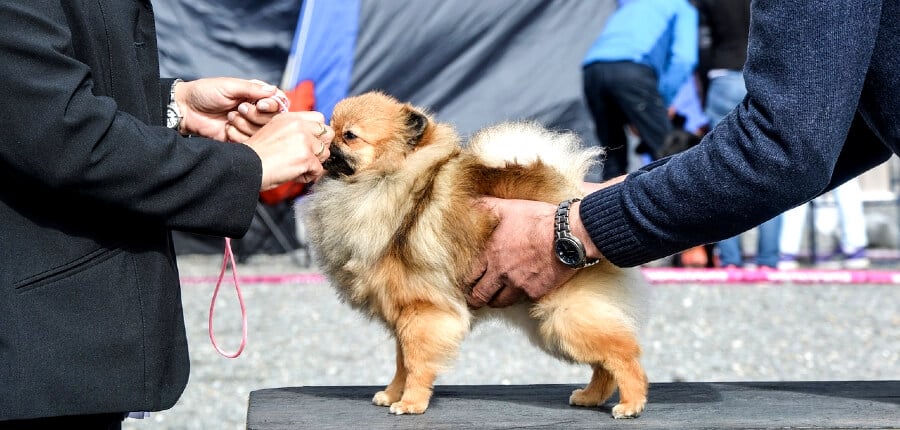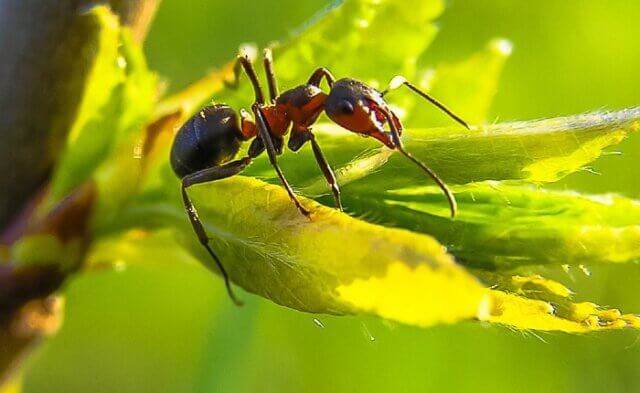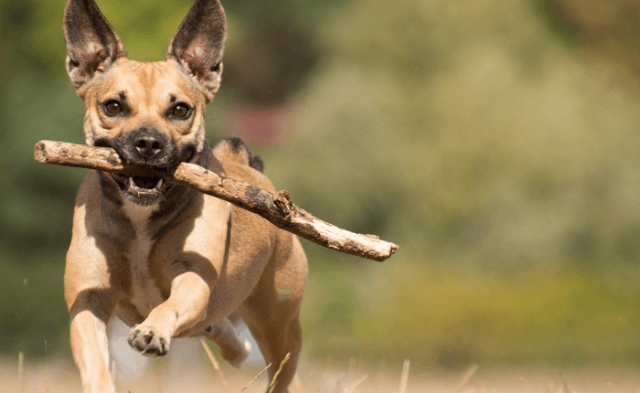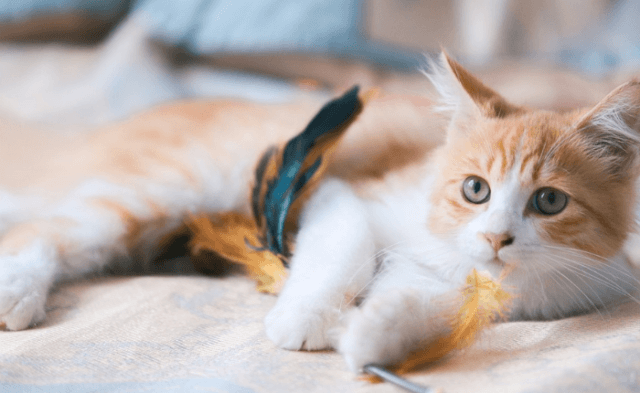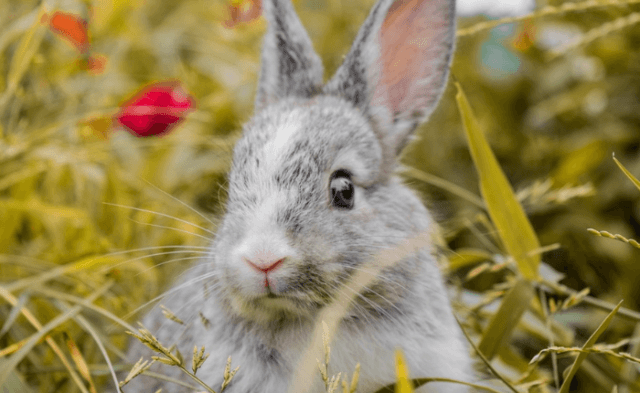For the second year in a row, the Westminster Kennel Club Dog Show has been rescheduled from winter to summer as a result of the pandemic. But in light of all the misery that the breeding industry causes dogs and the people who buy them, the show shouldn’t just be delayed—it should be permanently canceled.
“Purebred” dogs are predisposed to a slew of serious health and behavioral problems, including unpredictable aggression. This results in enormous suffering, hefty vet bills, heartbreak and sometimes even hospitalization for dog guardians. If you’ve experienced these kinds of issues with an American Kennel Club (AKC)–registered purebred, PETA wants to hear from you!
The AKC’s “breed standards”—which are used to judge purebreds at Westminster and other dog shows—call for distorted physical features and traits that can be achieved only through harmful breeding practices.
For example, dachshunds, with their elongated spines, often endure excruciatingly painful disc disease or other debilitating back problems. Many bulldogs, pugs, Pekingese and other brachycephalic (flat-faced) breeds can barely breathe—let alone go for a walk or chase a ball—without gasping for air because of their unnaturally shortened airways.
Cavalier King Charles spaniels are bred to have such tiny heads that more than 70% of them suffer from syringomyelia, a neurological disease, by age 5—because their skulls are too small for their brains. Afflicted dogs often scream in pain, scratch themselves raw, grow progressively weaker or even become paralyzed.
In order to pass down certain traits called for by the AKC, many breeders orchestrate canine incest—mating mothers with sons and fathers with daughters. This practice greatly increases the odds of passing on debilitating afflictions such as hypothyroidism, epilepsy, cancer, allergies, heart abnormalities and hip dysplasia.
Labrador retrievers—the most popular breed in the U.S.—are prone to bone disease, hemophilia and retinal degeneration. Doberman pinschers, Great Danes, Irish wolfhounds and German shepherds are susceptible to sudden death from cardiac disease. Can you imagine the horror of watching your beloved dog suddenly drop dead during a walk or a game of fetch?
The cost of veterinary treatment for these health conditions can add up to many thousands of dollars over the course of a dog’s life, causing some families to experience financial hardship. Some people face the agonizing decision of whether to euthanize or surrender their sick purebreds to animal shelters because they can’t afford the extensive veterinary care required.
And if you purchase a purebred, there’s no way of knowing whether your dog will be afflicted with canine rage syndrome—another sinister side effect of breeding for appearances. Springer spaniels, cocker spaniels, golden retrievers, Dobermans and other dogs frequently purchased as family companions are prone to this horrific disorder, in which they become uncontrollably violent without warning or provocation and sometimes even attack the people they love.
The AKC knows that its breed standards cause dogs and their guardians terrible hardship, yet it refuses to make even simple changes to them that could reduce these problems. For example, pugs’ predisposition to spina bifida, a congenital abnormality linked to their curled tails, could be decreased if its standard did not stipulate that “the tail is curled as tightly as possible over the hip.” And deafness would afflict fewer Dalmatians if the AKC would not automatically disqualify dogs with patches, who are less likely to be deaf.
But clearly the AKC isn’t interested in protecting dogs or humans.
It’s up to caring people to push back against breeding for appearances and all the agony that it causes: Never buy purebreds, and don’t watch Westminster or other dog shows. If you already have an AKC-registered purebred dog who became ill or violent or who died prematurely, notify PETA. And if you’re ready to give a dog a lifetime of love and care, please opt to adopt a one-of-a-kind, healthy mutt from an animal shelter.

